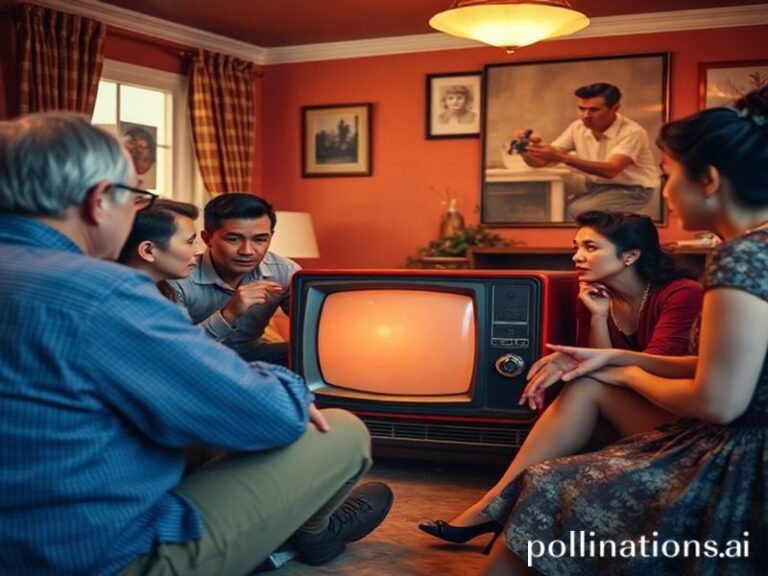Ricky Hatton: The British Brawler Who Became Globalization’s Punchline
Ricky Hatton, the stubby southpaw from Stockport who once turned Manchester into boxing’s loudest satellite state, has been exhumed yet again—this time not by a Vegas ring announcer but by the global nostalgia-industrial complex. From Manila’s sports-bar projectors to Lagos betting kiosks, the 2009 grainy footage of Hatton’s face meeting the MGM canvas is rerun every time a Filipino nurse needs a pick-me-up after a 14-hour shift or a Nigerian punter wants proof that underdog stories can end exactly where statistics said they would.
The international appeal is obvious: Hatton is the West’s most exportable parable of excess and redemption since the Prodigal Son discovered cardio. He drank like the Irish, fought like the Mexicans, and lost like the English—proudly, noisily, and on pay-per-view. In Beijing, fight nerds cite his body-attack clinic against José Luis Castillo as a master class; in São Paulo’s favela gyms, trainers still play “Blue Moon” to sparring novices, a sonic cue that you can be pint-sized and pale and still terrify continents.
Yet the broader significance lies not in the fists but in the fallout. Hatton’s career coincides neatly with globalization’s first knockout round: the moment when satellite dishes, offshore gambling sites, and cheap Ryanair flights allowed a plumber’s son from Greater Manchester to become a human mood ring for the late-capitalist masses. When Hatton lost to Mayweather, the pound sterling was busy losing to everything else; when he lost to Pacquiao, Iceland had already gone bankrupt and Dubai was scheduling its own Chapter 11 brunch. Each defeat arrived like a scheduled coda to a financial crisis, as if the global economy had decided to work out its anxiety via a scouser with a left hook.
Post-retirement, Hatton has become the sporting world’s favorite cautionary screensaver. In Delhi call centers, managers play his documentary on loop for new hires: here’s what happens when you peak at 28 and discover that the after-party has a cover charge. In the United States, where redemption arcs must be monetized within 18 months or declared dead by TikTok, Hatton’s frank admission of depression and cocaine use is treated like a TED Talk delivered in a kebab wrapper. Meanwhile, the British tabloids—those tireless chroniclers of national decline—keep exhuming “Hitman” headlines every time a royal needs distracting from a colonial scandal.
Internationally, Hatton’s most lasting export may be the template for the lovable loser who refuses to stop being loved. Across Latin America, where defeat is a regional art form, fans name their dogs “Ricky” in ironic homage. In Japan, he’s a cult figure in the same aisle as vending-machine panties and Godzilla: proof that Britain, too, can manufacture kaiju that stumble home at 4 a.m. singing Oasis. Even Putin’s Russia, never one to miss a metaphor about Western collapse, once used Hatton’s KO loss in a state-TV montage titled “The Fall of the Empire—Round by Round.”
But perhaps the darkest joke is on us, the spectators. Hatton’s body—once a compact Molotov cocktail of beer, chips, and spite—is now a walking LinkedIn profile for wellness grifts. He flogs CBD oil on Instagram while his old promoter sells NFTs of the punch that ended him. Somewhere in a Kyiv bomb shelter, a teenager streams the Pacquiao fight on a cracked phone, watching Hatton fall in super-slow motion and muttering, “See, even the lucky ones get hit.”
So here’s the global takeaway: Ricky Hatton is not just a boxer but a unit of cultural exchange, the IMF of Heartbreak. His losses are traded like futures contracts; his comebacks, bundled and securitized by hope. And when the final bell rings on this century, archaeologists will dig up a half-empty pint glass in the Nevada desert and conclude that an empire toasted itself while a fat lad from Manchester tried, and failed, to punch his way out of history.







